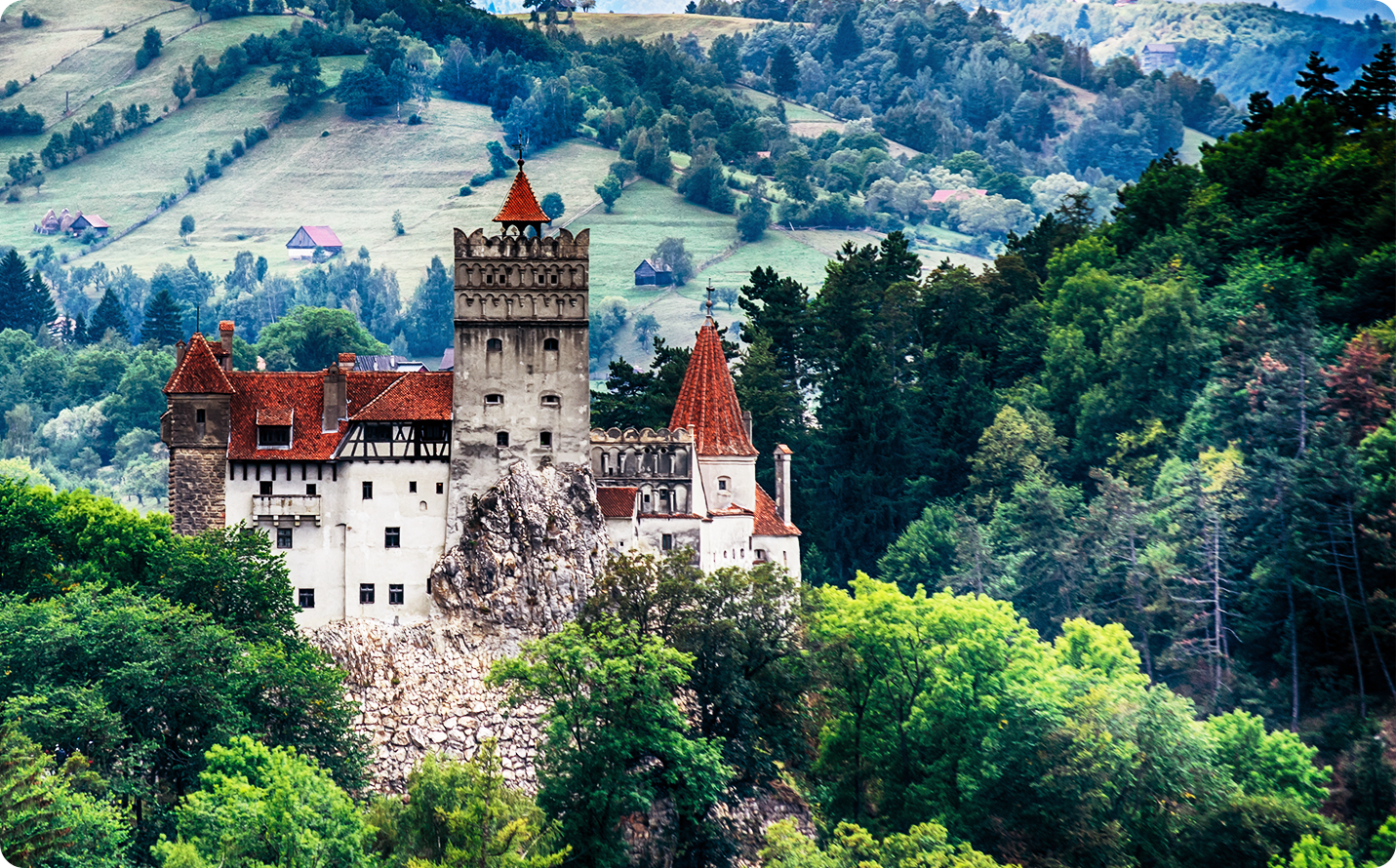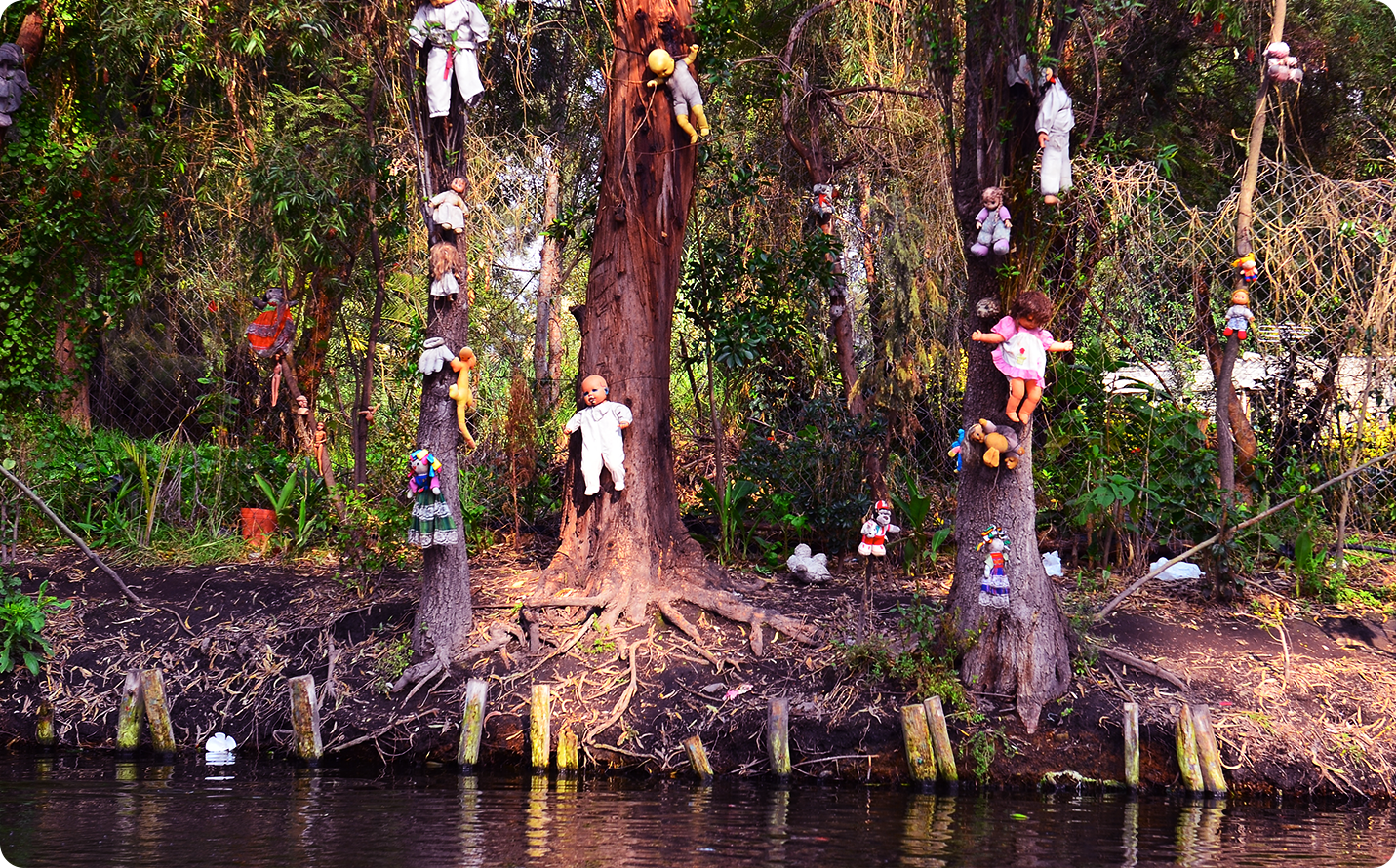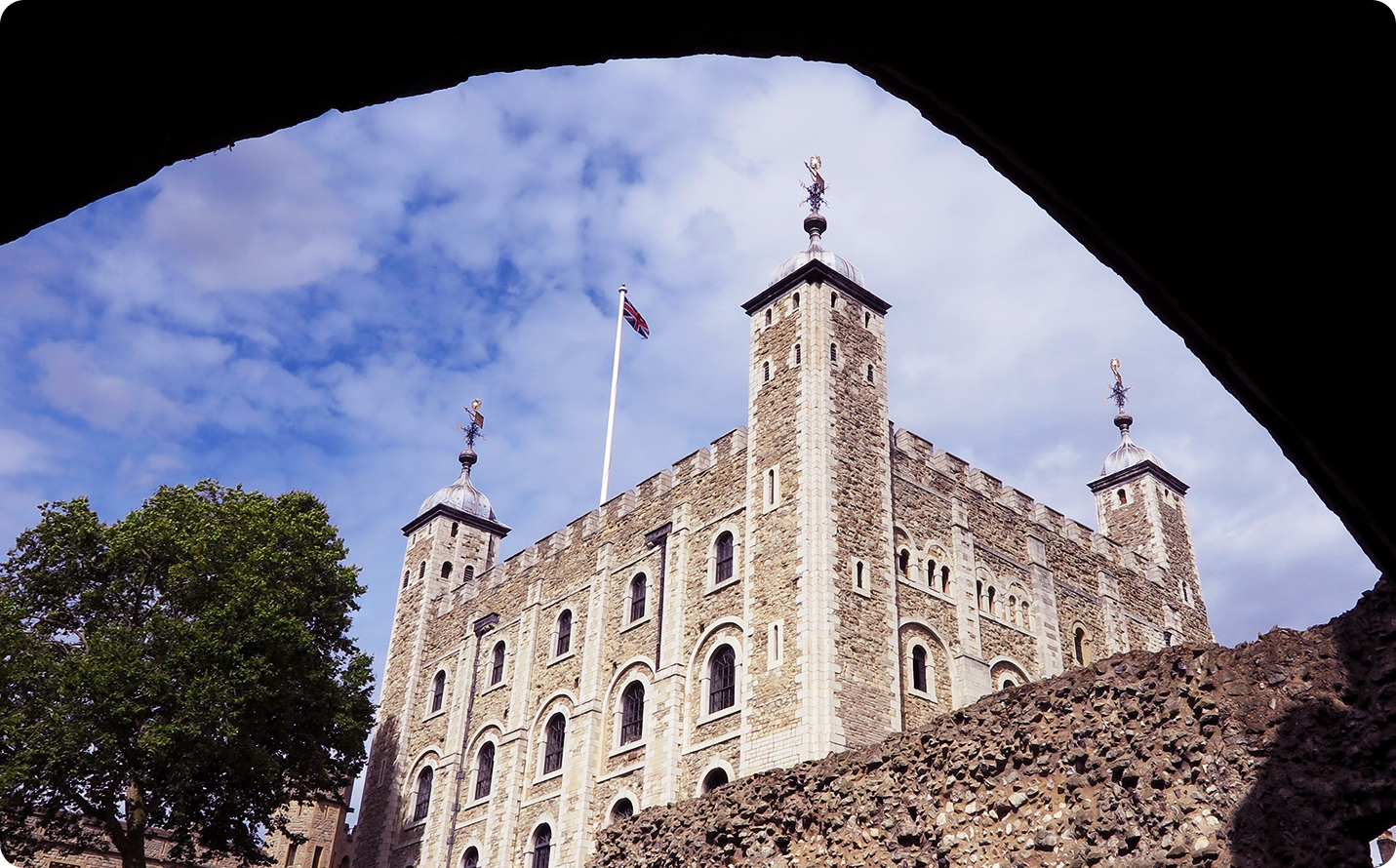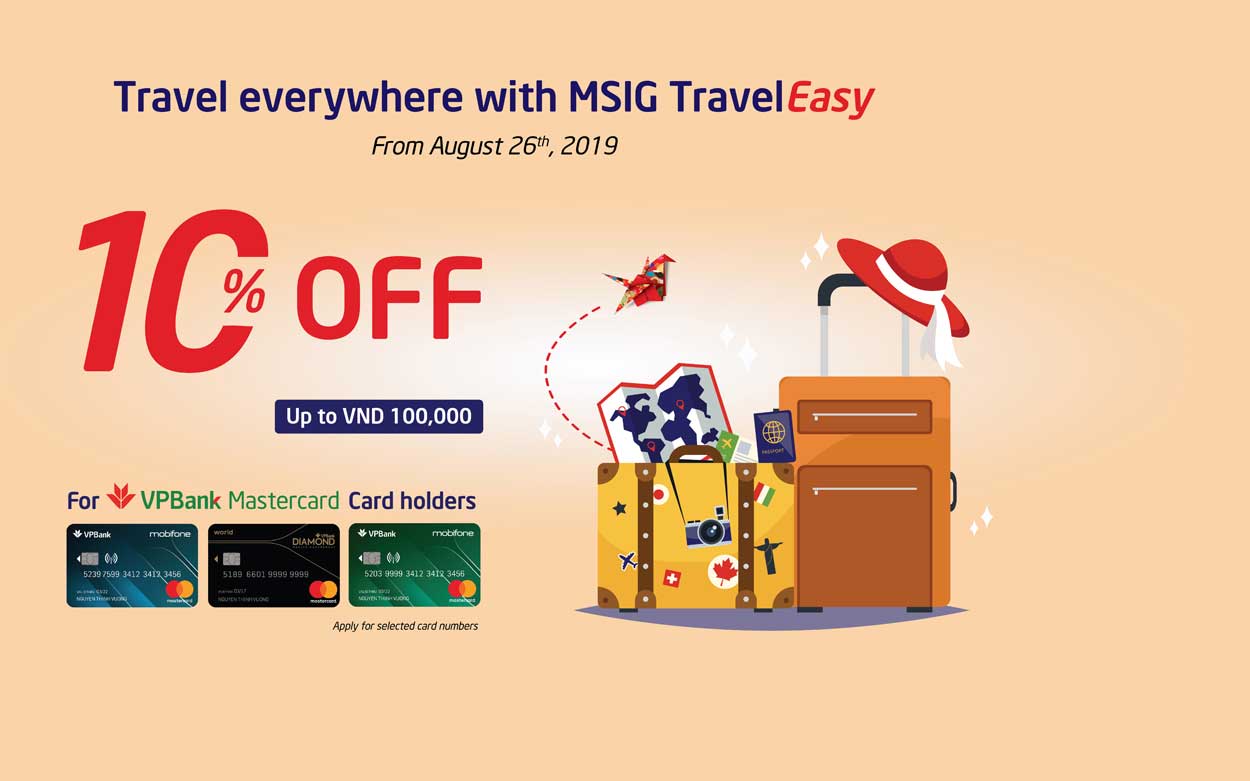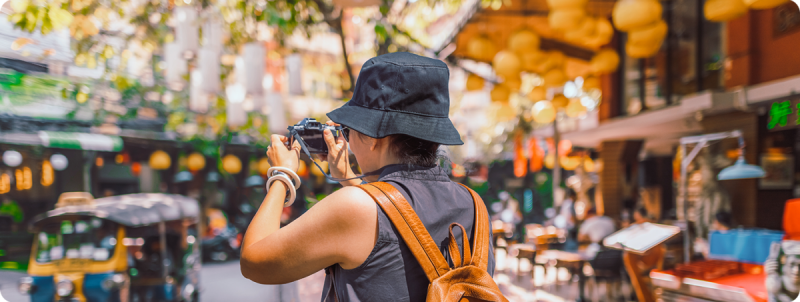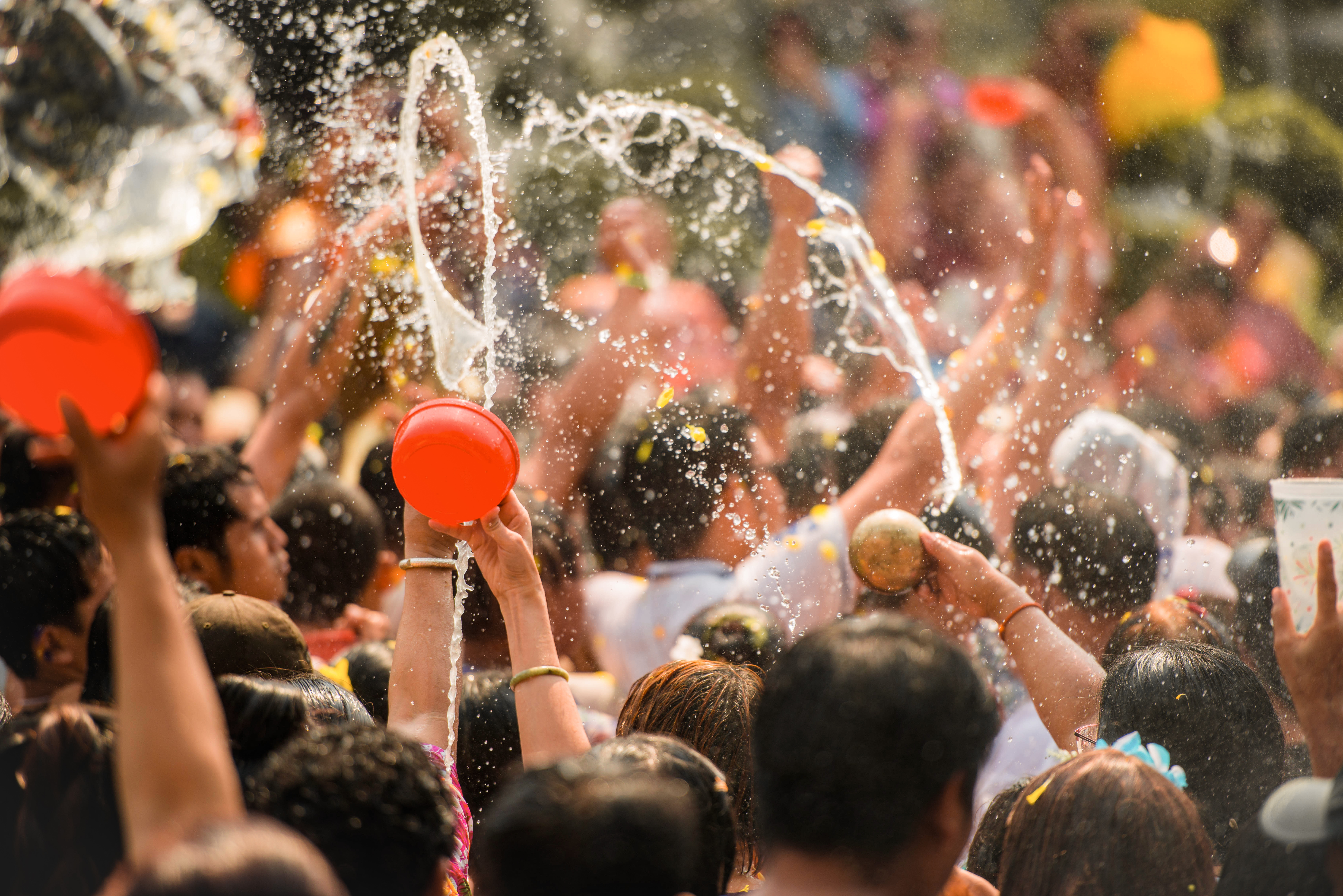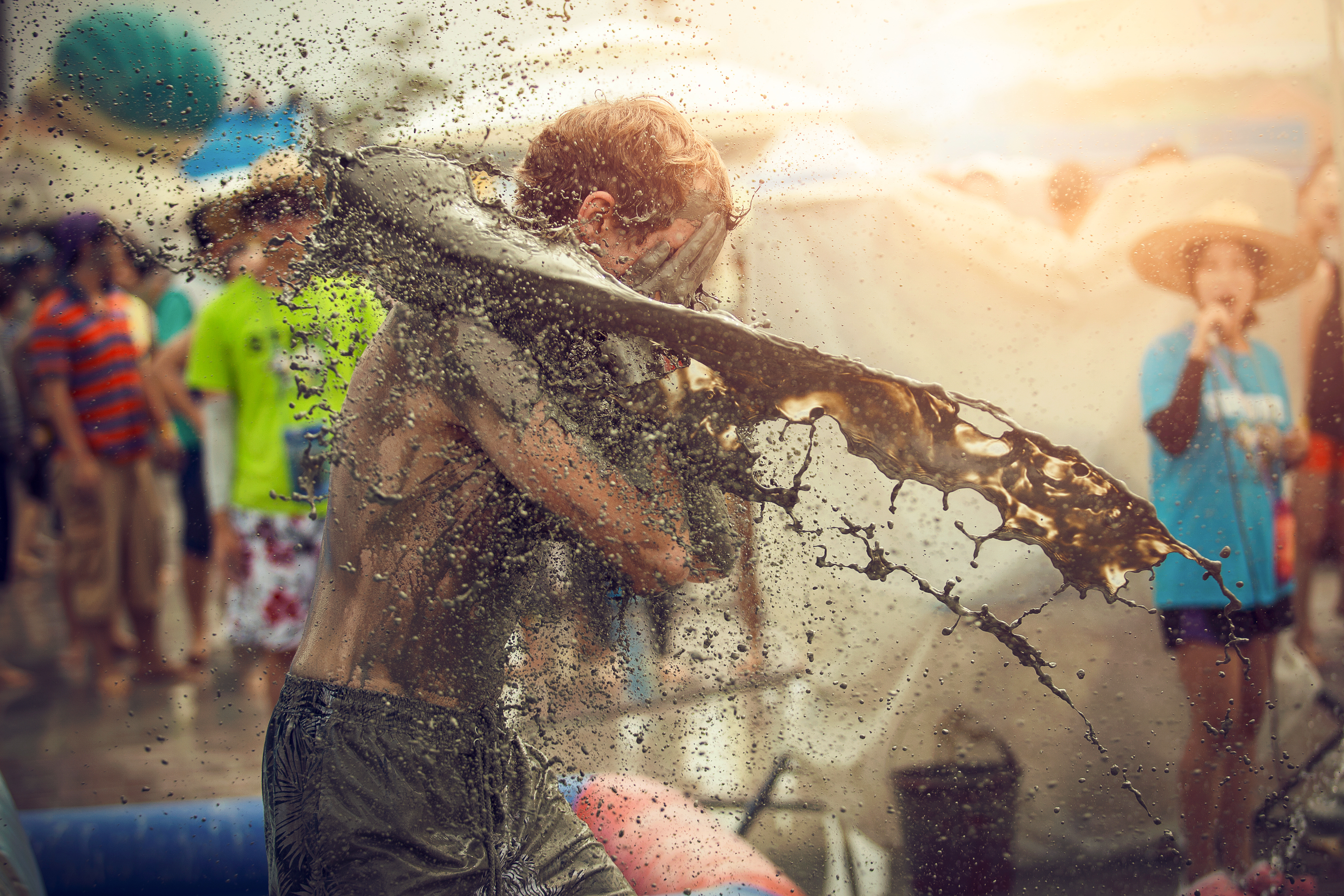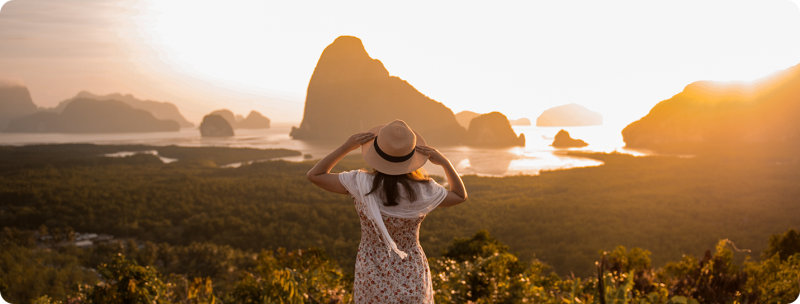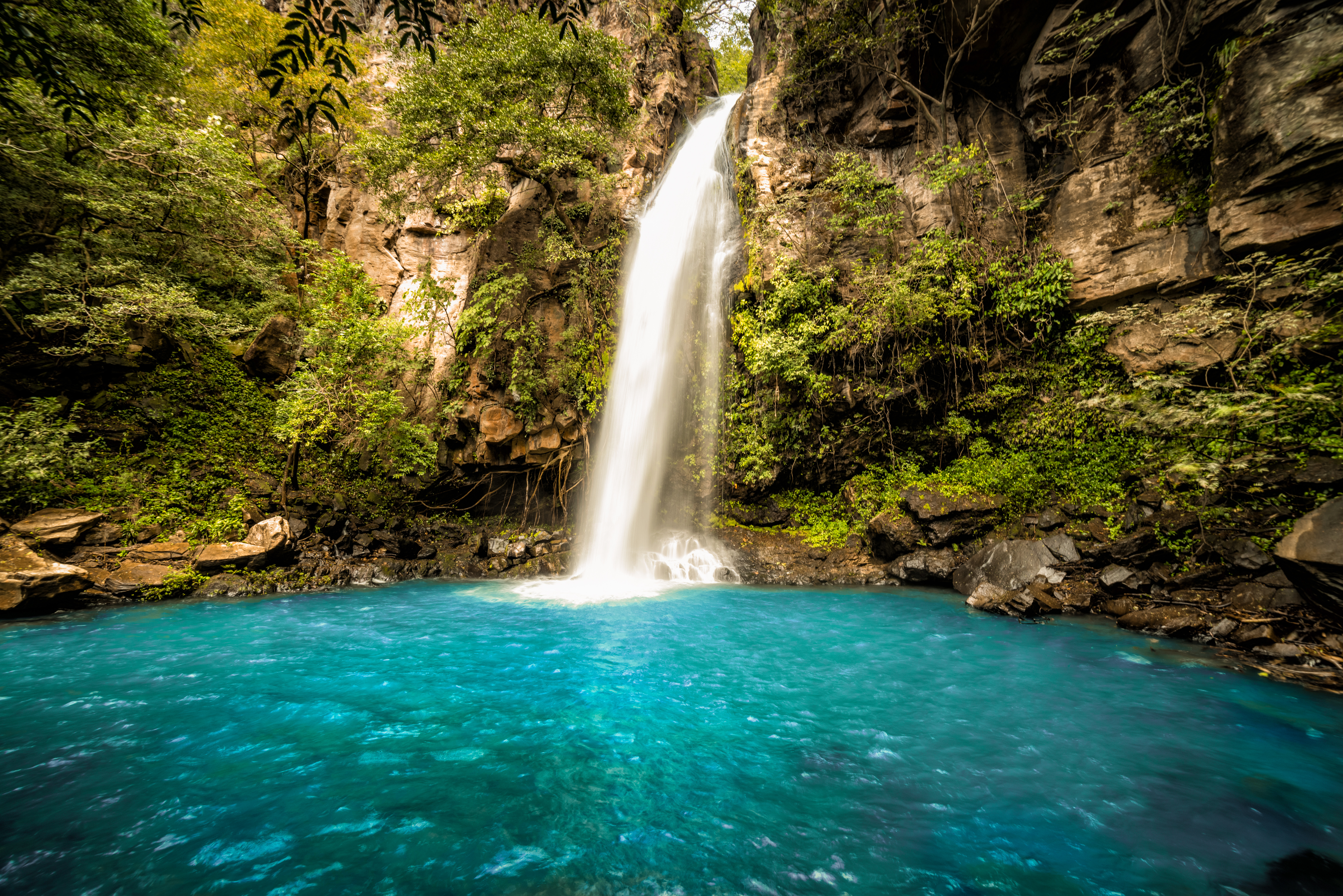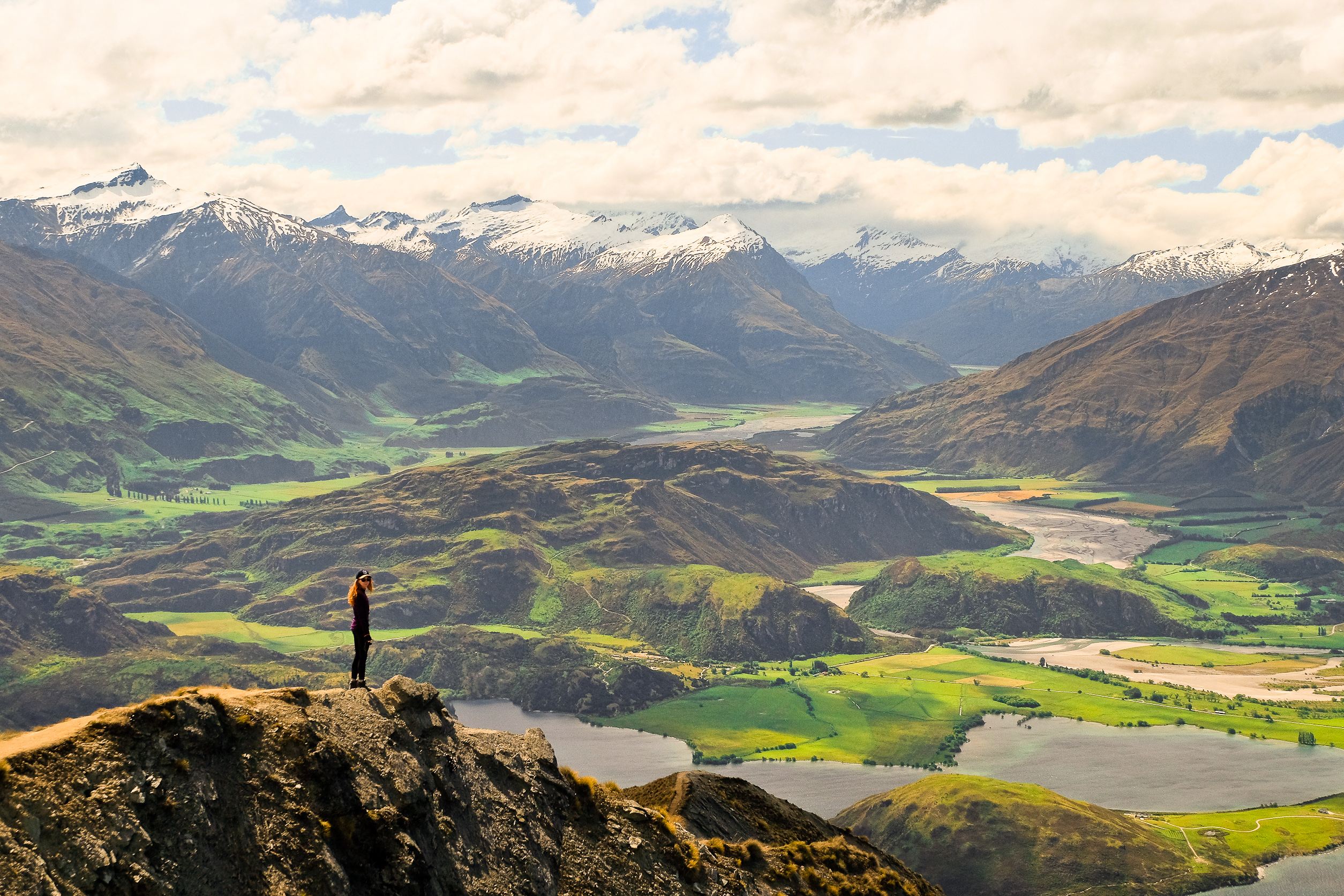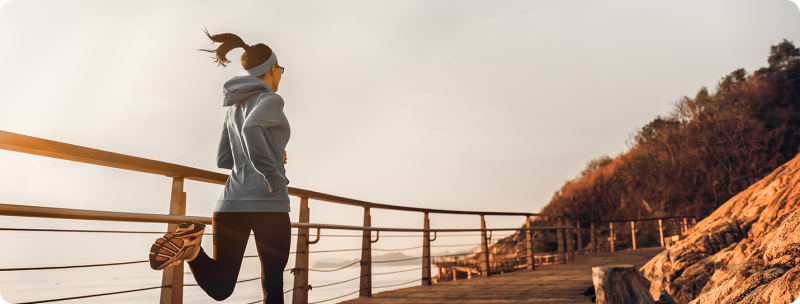4 reasons you should get home insurance
Image

Your home isn’t just a house. It’s a precious asset that took years of hard work and savings to achieve. Since you’ve toiled to create a comfortable home, getting the right protection would be extra worthwhile, especially in the scenarios below.
1) You live in an area with frequent floods and tremors
Living in an area with constant natural disasters puts your home at risk of serious damage. Residents of Central Vietnam for instance, face heavy floods every July to late October. Staying in a landed property may also make your home extra susceptible to flooding. Basements have multiple entry points where water can easily gush in. Cracks in your ceiling, roof and walls, left untreated, could also fuel severe damage during a flood that can prove costly to fix. As natural disasters are unpredictable, you can stay prepared by getting home insurance.
2) You live with young children and the elderly
When was the last time your child tripped over some toys that were left lying around? Falls are one of the most common home accidents that happen with children and the elderly. Other than installing anti-slip mats at home, you can further protect your family by getting home insurance. Home insurance covers your personal accident expenses from home-related injuries. This would be a huge relief in the event you are faced with unexpectedly high medical costs.
3) Your house contains high-value possessions
Whether you collect branded handbags or own the latest electronic gadget, home insurance comes in handy to cover these expensive home contents. In the event that your home is ransacked by burglars or a lightning strike wipes out your electronics, home insurance will cover the cost to replace or repair them. Note that there’s a limit for each item, so consider purchasing more insurance coverage if you own expensive items.
4) You’re renting out your home
Home insurance can protect you with liability coverage during home rental. As a landlord, you could be held accountable for any injuries your tenants incur when living in your home. The right home insurance plan would help you to cover your tenant’s medical costs when this happens. With strangers residing in your house, there’s also a risk of theft. Homeowners insurance covers the cost of potential burglary or fires caused by your tenants.
Every homeowner can benefit from home insurance. If these scenarios apply to you, getting a comprehensive plan is all the more crucial. Need help finding a suitable plan? Connect with us here or here.





